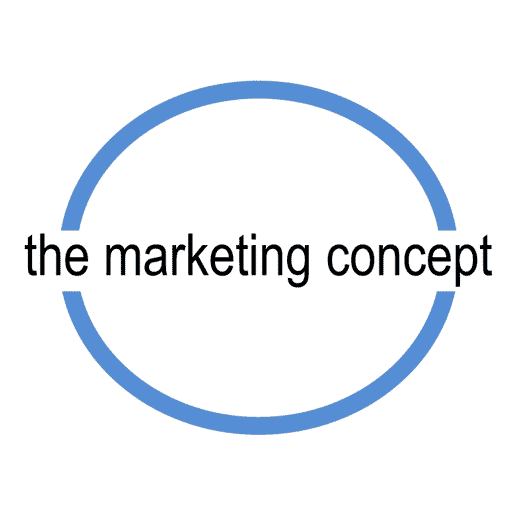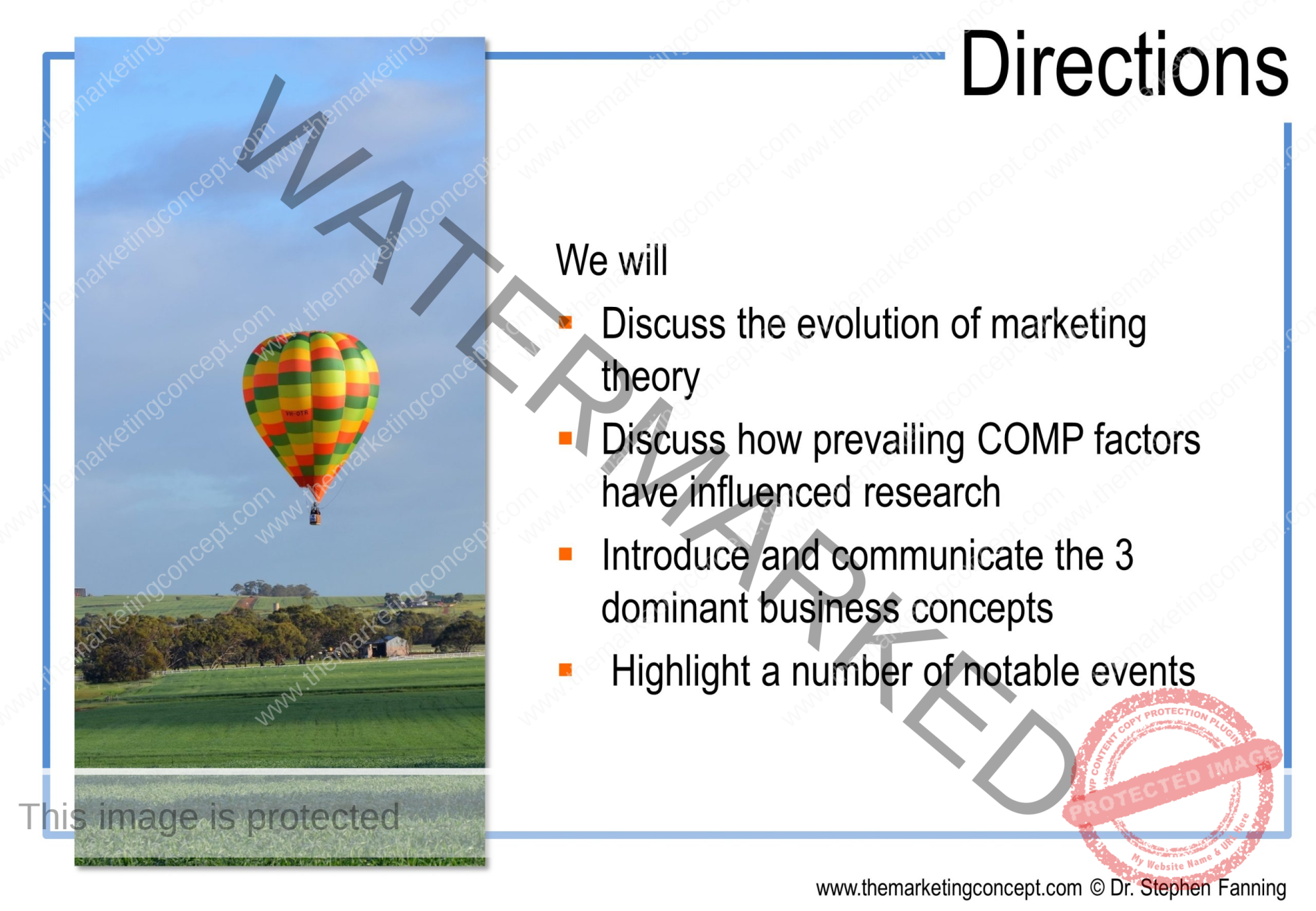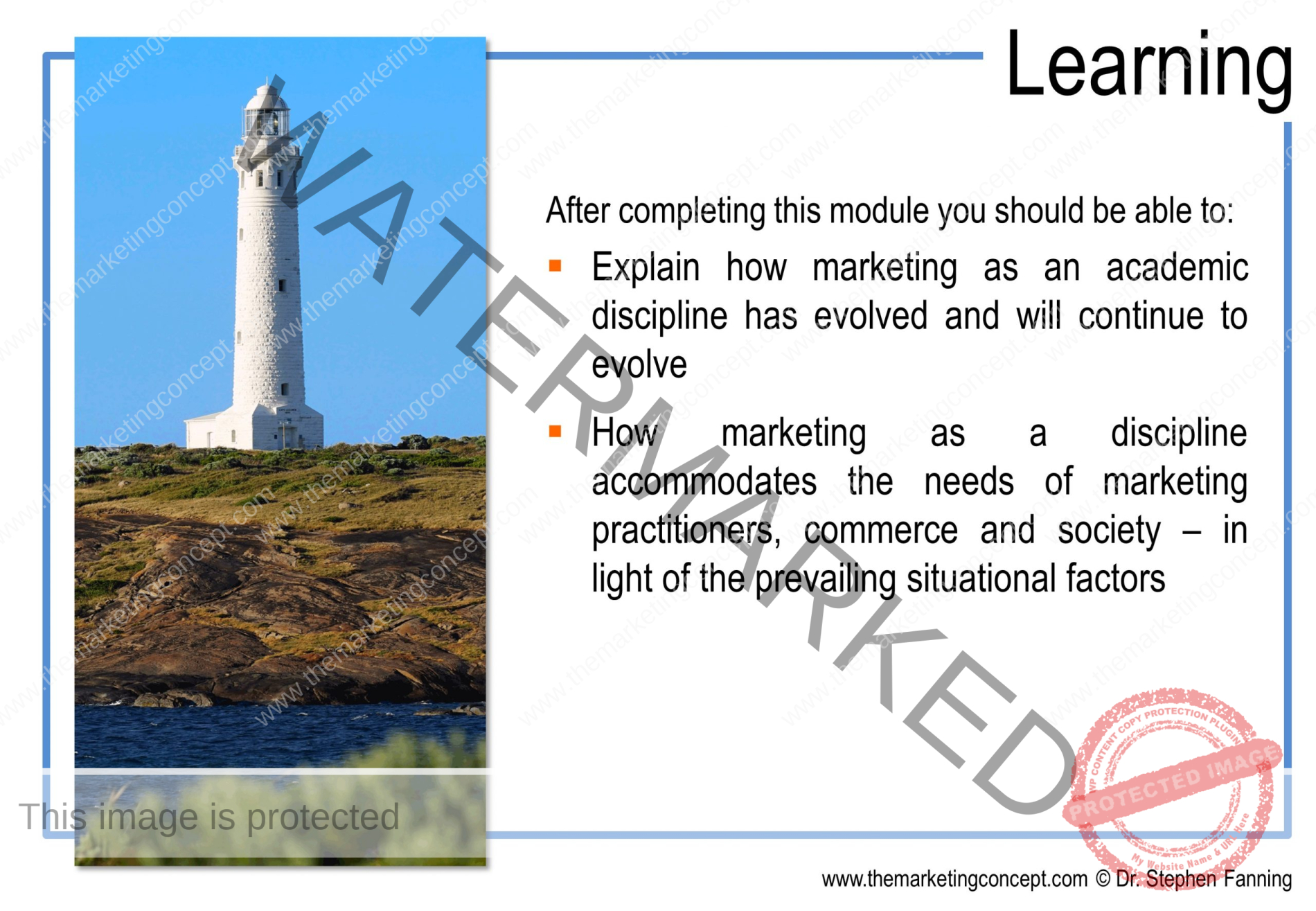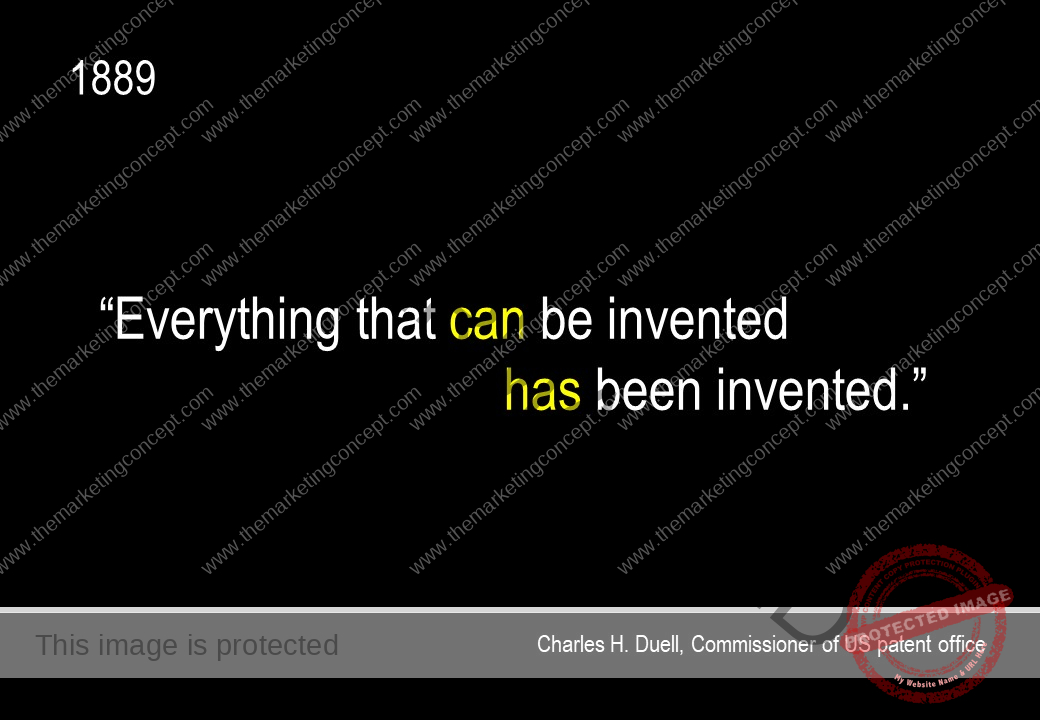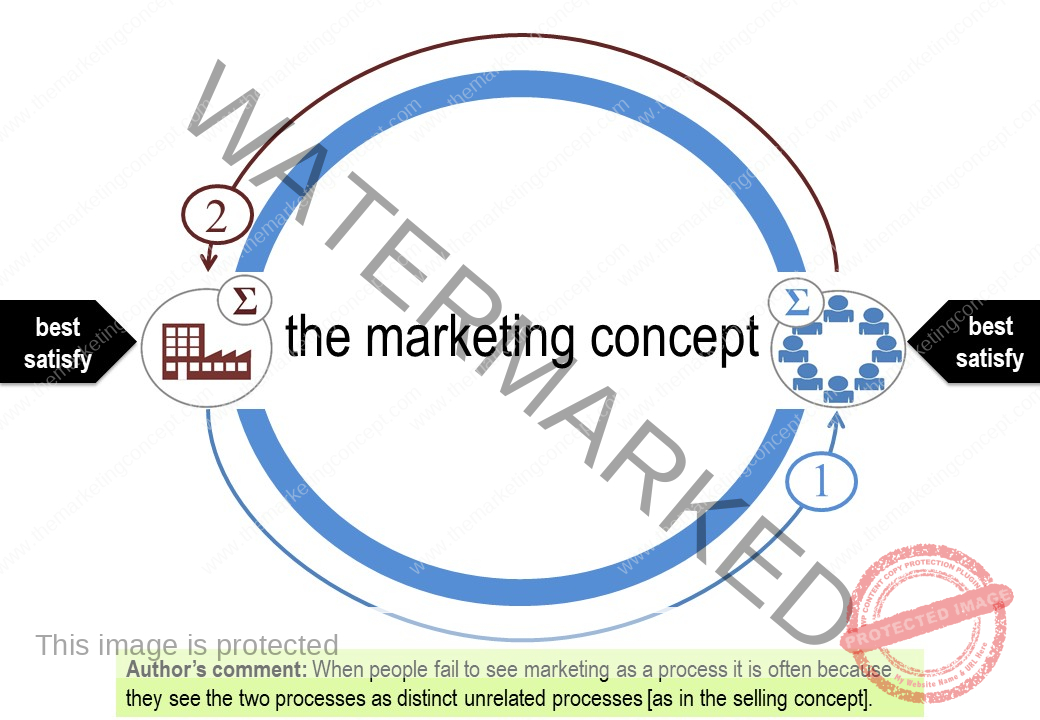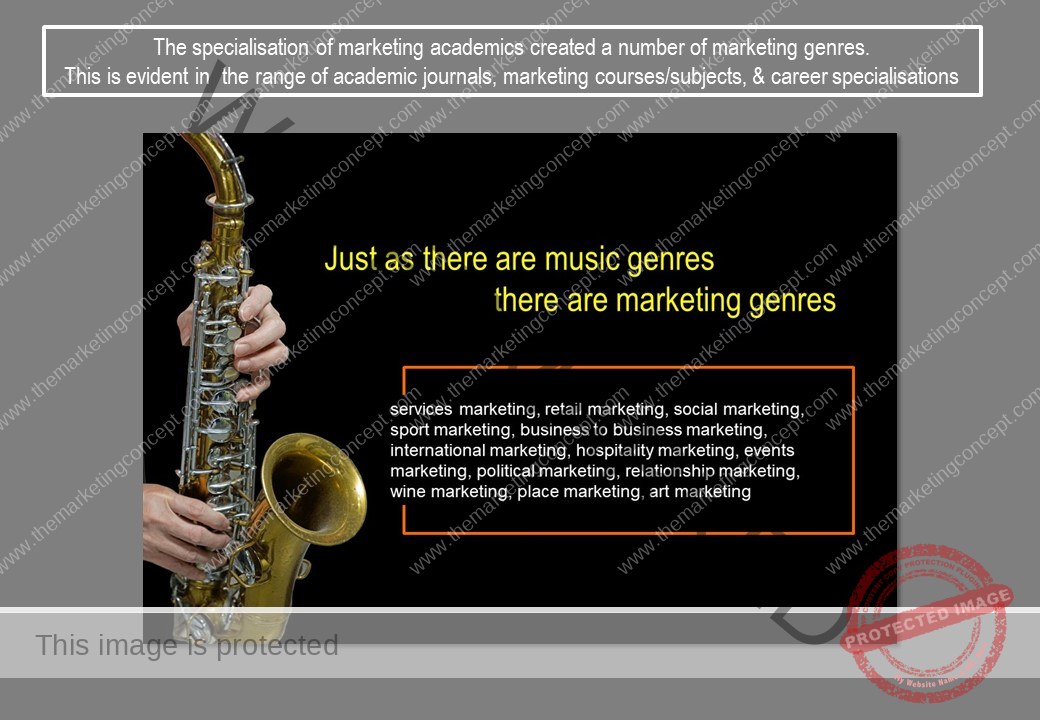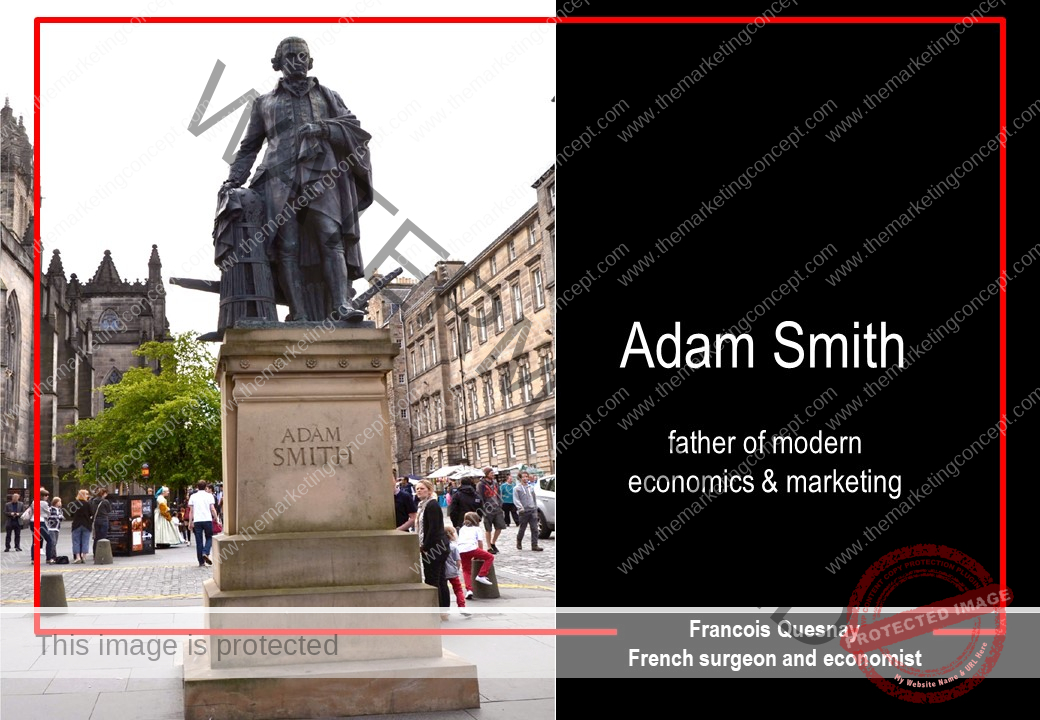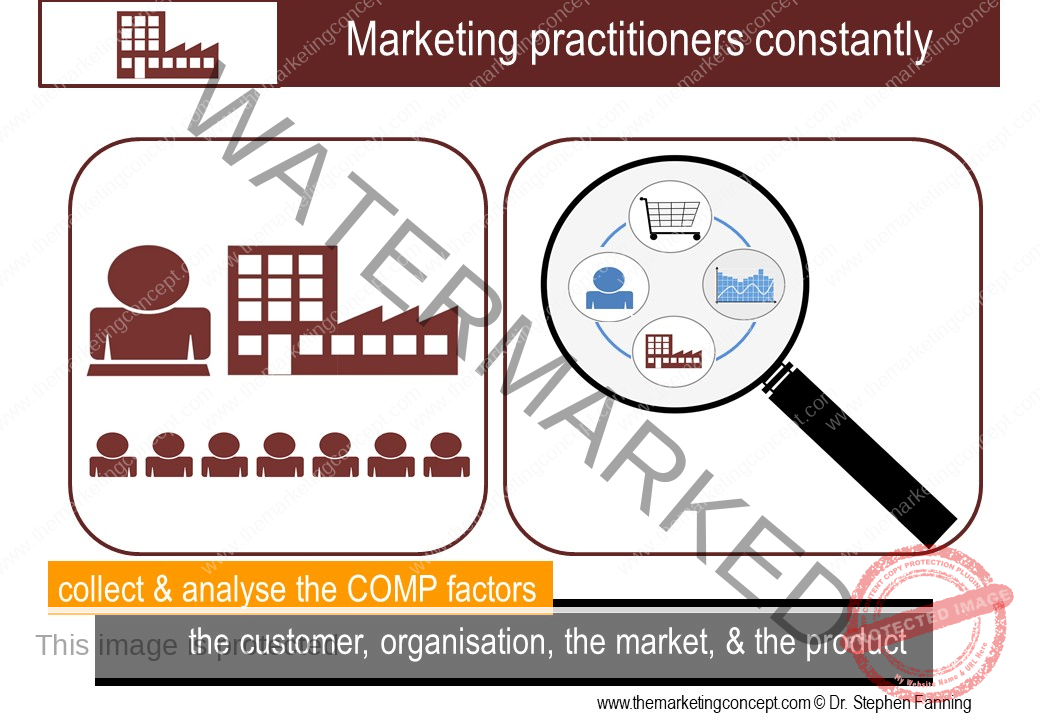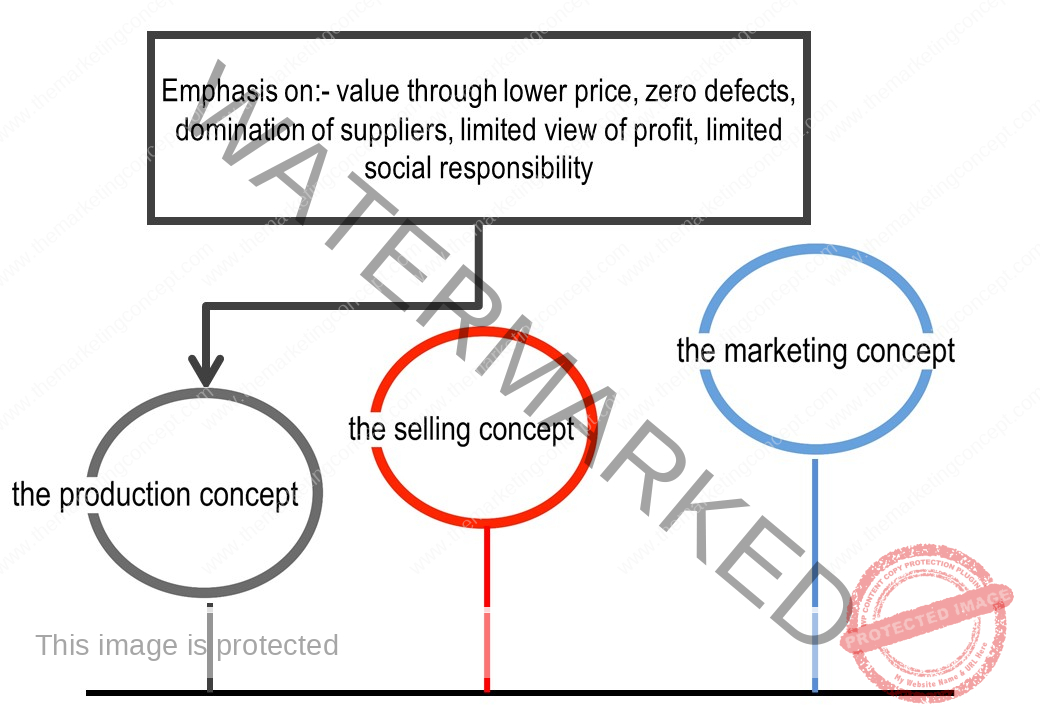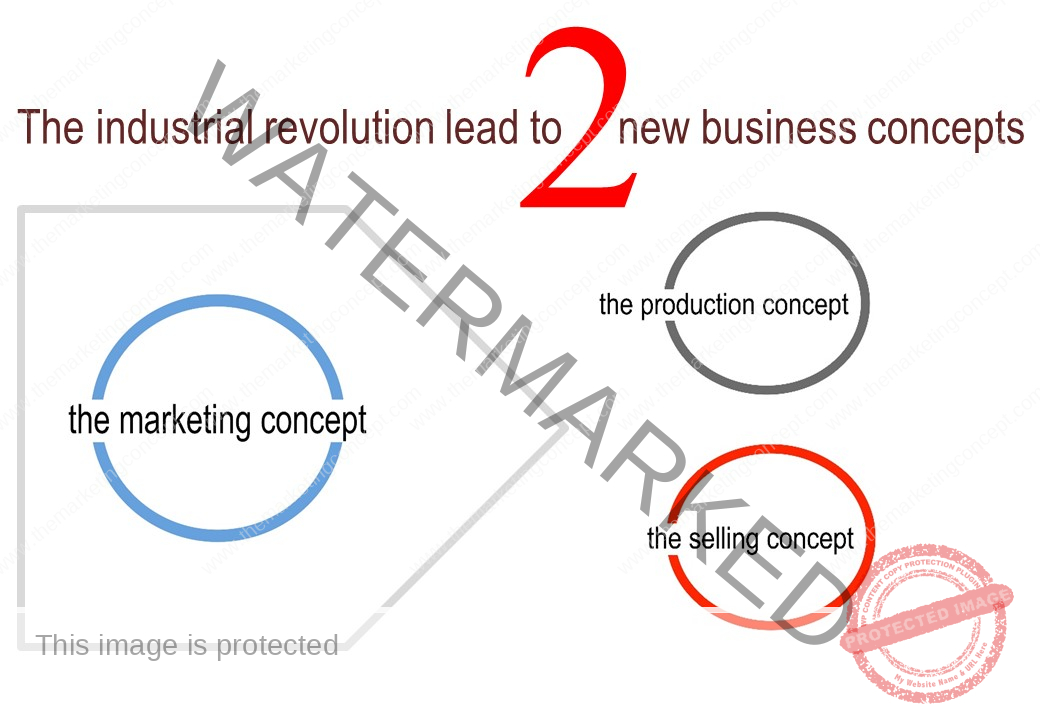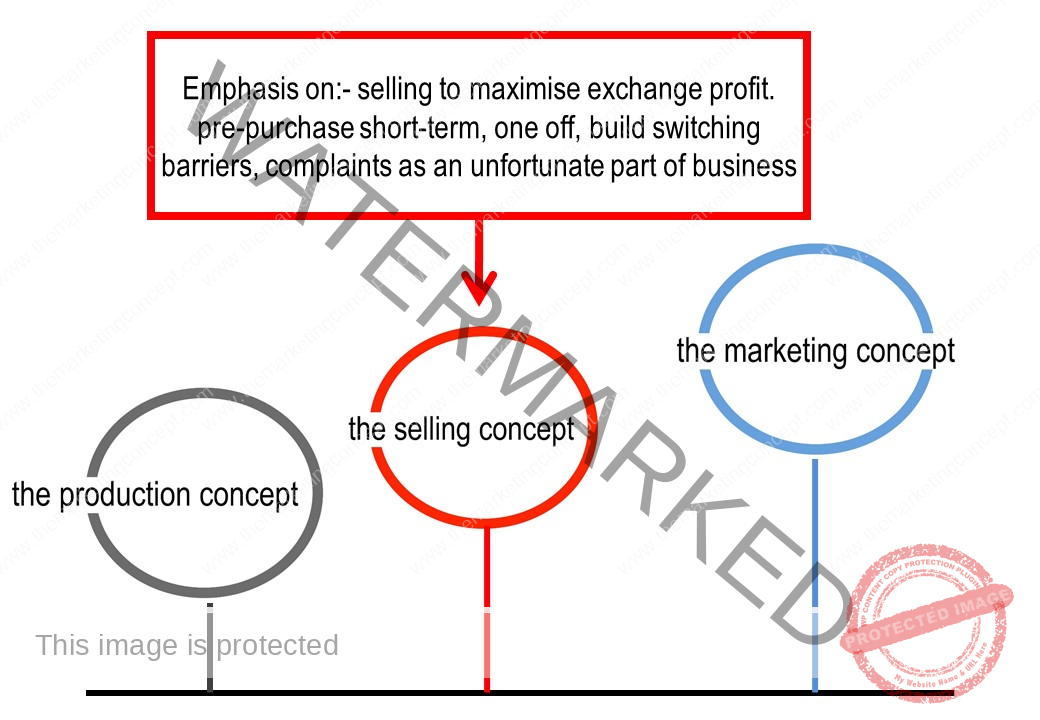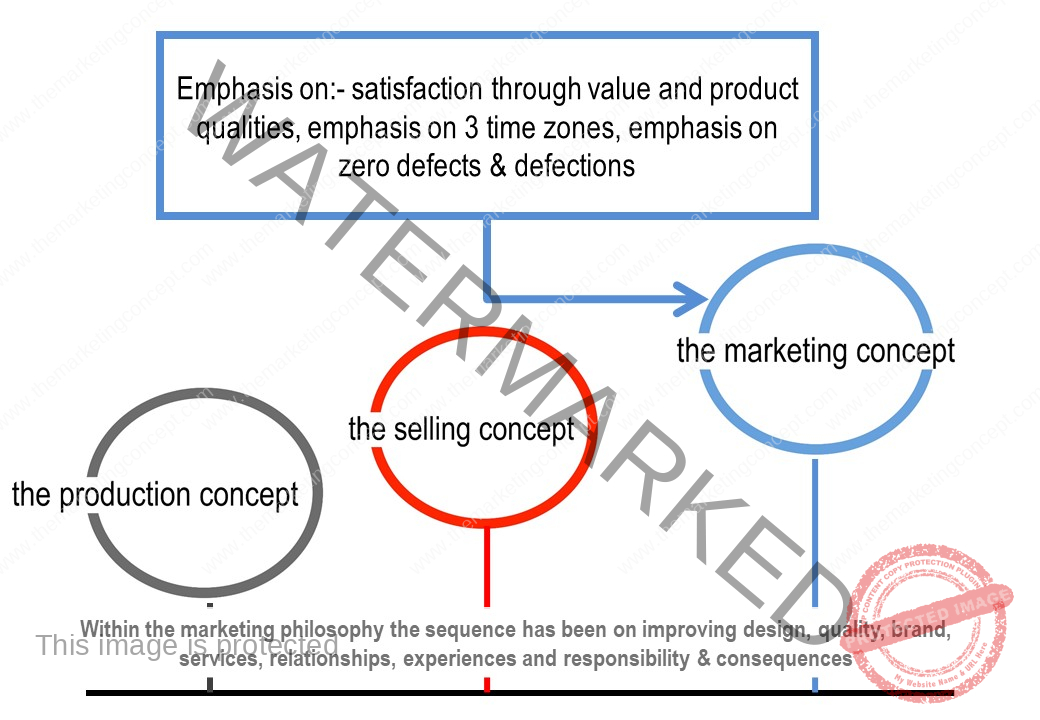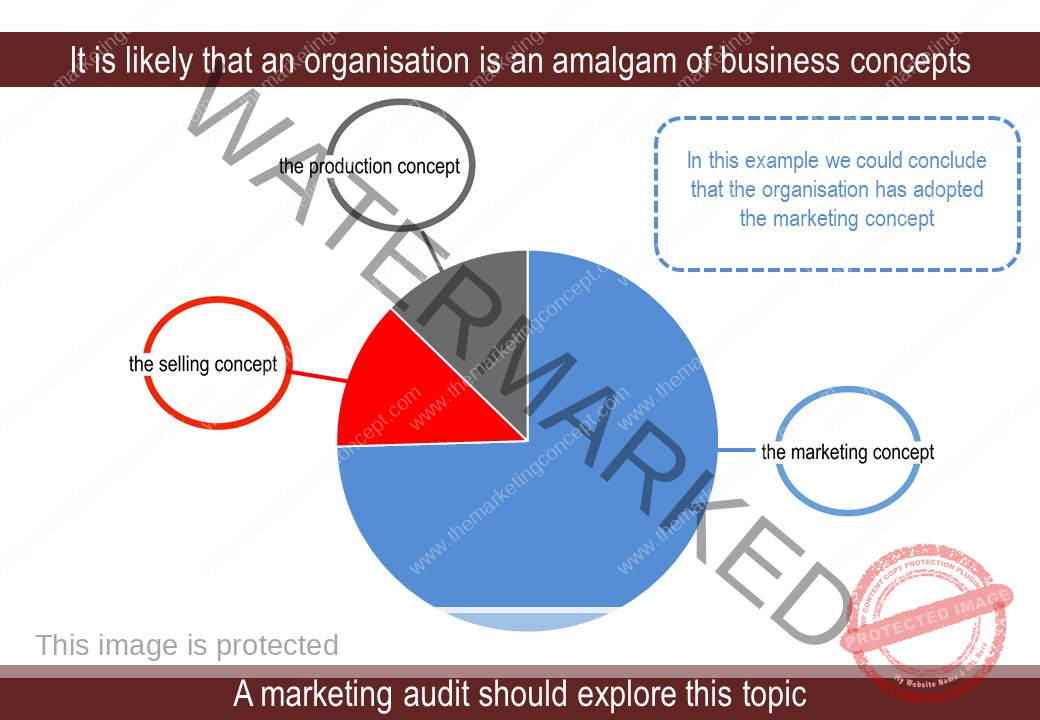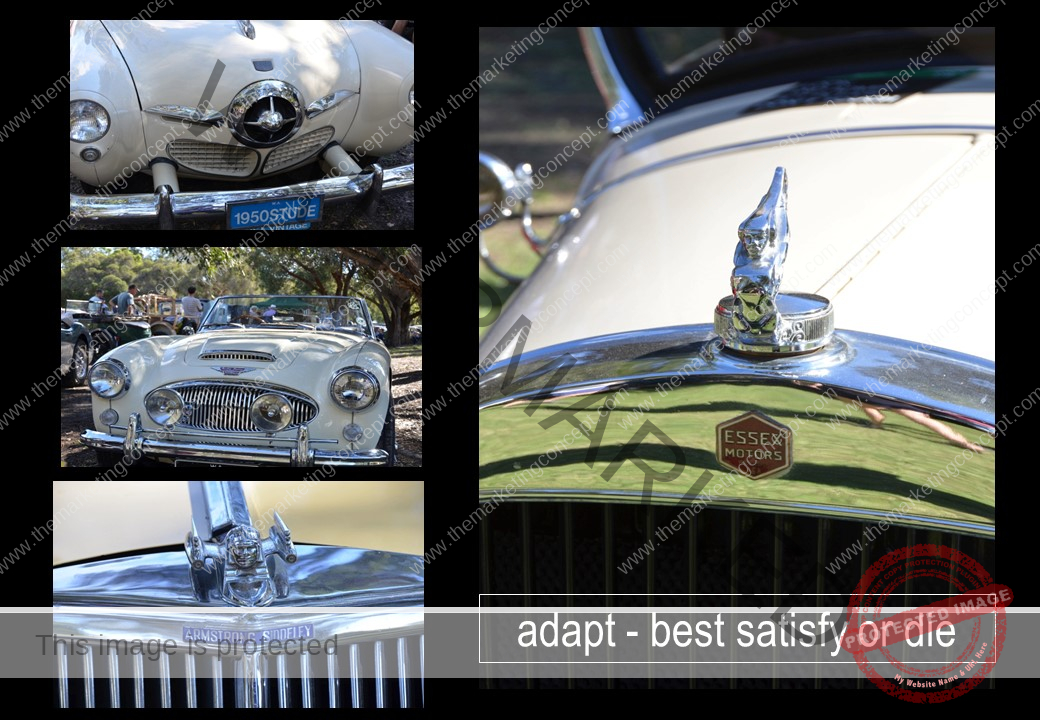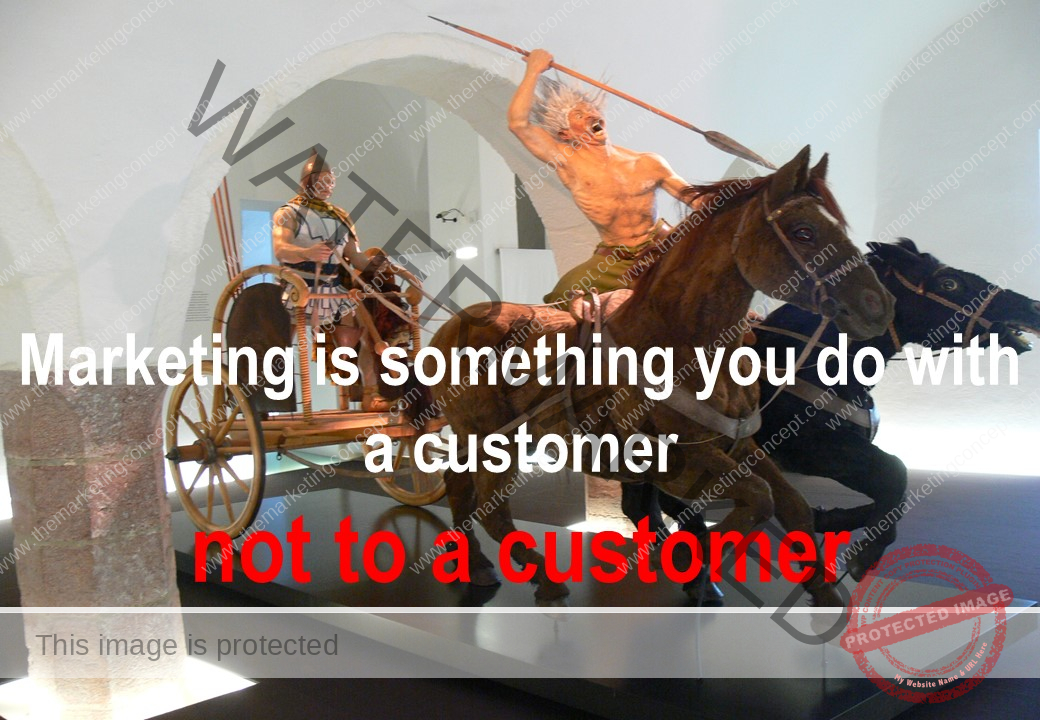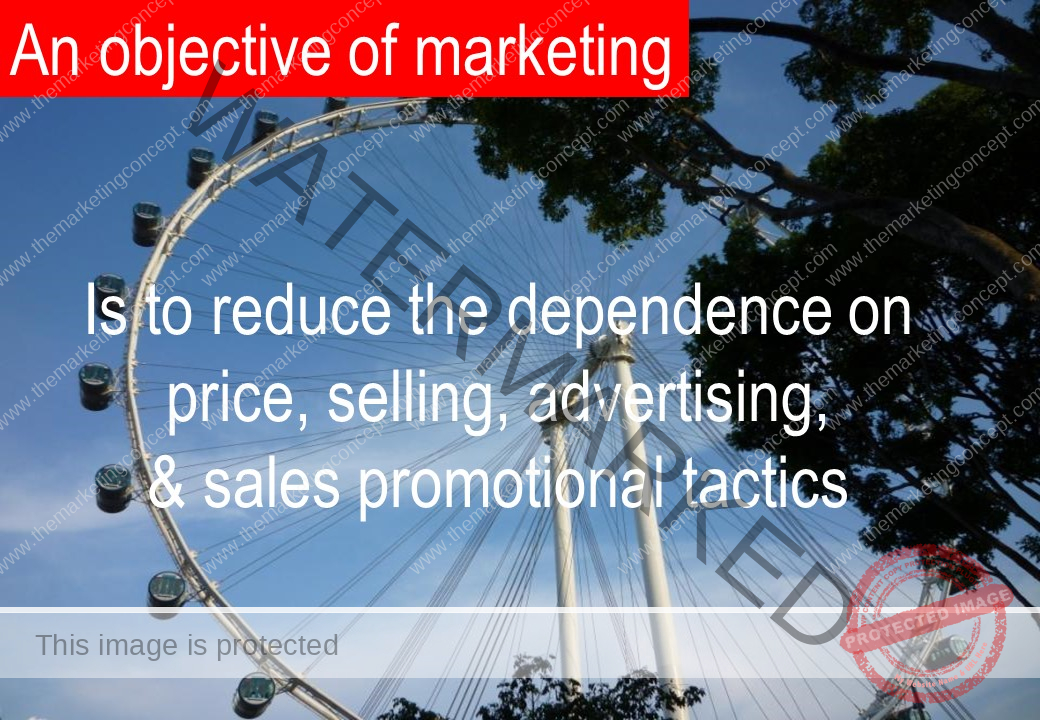
The evolution of marketing [a theoretical perspective]
Notable events in marketing theory
In the second chapter, the evolution of marketing: a theoretical perspective our objective is to examine the classic research that has guided marketing thought. Keep in mind each article, when it was written, reflected and documented the prevailing business practices, by synthesising the literature we can form a clear picture of how marketing has evolved as a philosophy and business practice. When we analyse the literature, we can group academic thinking and focus into eras of thought. These are – goods thinking, strategic thinking, consumer thinking, services thinking, societal thinking, relationship thinking, tradigital thinking, and more recently, glass wall thinking.
Marketing is an ancient custom: The Greek philosopher Plato discussed the purpose and protocol of exchange relationships 2,500 years ago. According to Shaw (1995), Plato highlighted the role of intermediaries, the services they performed, and how they enabled the marketplace to function. Plato also addressed human needs, how society functions, the role of the profitable exchanges in societies, and how costs go beyond monetary costs (Shaw, 1995).
Whilst Plato discussed the protocols, Aristotle discussed marketplace communication as part of a wider discussion on Rhetoric, it was his position that there were rules and a structure to persuasion and people should be motivated to act based on truth and not deceit. A number of marketing practitioners have since adapted this idea as ‘marketing is the truth well told’.
Misbehaviour in the marketplace has long been a concern. Usury was a recurring theme in early business literature and employed to describe a loan where the lender, [referred to as a ‘usurer’] profited excessively from lending money. In some societies charging interest was prohibited. Today, we commonly refer to a usurer as a ‘loan sharks’ and ‘pay day loan shops’.
We can conclude that the marketing concept, has been practiced for considerable time, however, it is not the only business concept and not everyone will practice a marketing philosophy.
Over the years a number of economists have turned their attention to marketplace activities. Some [e.g., Philip Kotler] suggest that as a discipline marketing emerged from economists who felt that the discipline of economics over emphasised the role of price relative to demand.
The evolution of marketing: a theoretical perspective provides a snapshot of the evolution of marketing as an academic discipline over the last 100 years, with an emphasis on the last 50 years. Given that marketing scholars research and document the prevailing business practices, a journey through the past provides an insight to the past and the present. An examination of titles and keywords within the leading marketing journals reveals a period of extraordinary change. Parvatiyar and Sheth (2021) agree and present this as [1] evolving situational factors and societal changes propagating new marketing genres with a search for relevant contextual frameworks and theories and [2] a merging of older marketing genres. They highlight the influences the family structure, demographics, globalisation, and technology.
What is evident is that marketing concepts and theories have a type of life cycle – a new concept and new theory is presented as an emerging field of study, this attracts a great deal of interest, there is a great deal of debate as points are argued over and elaborated upon, and then as the discussion produces diminishing returns the concept or theory becomes conventional and marketing scholars move on to a new and emerging fields of study – both in research and teaching.
A marketing movement that continues to evolve with societal views over the last 50 years is the view that true marketing is about profitable4 exchange relationships4. That to be profitable customers, organisations, channel partners and society must profit through the exchange and that exchange relationships must be synergistic, symbiotic, sustainable, and strategic. Increasingly, according to Chandy, Johar, Moorman, and Roberts (2021) marketing scholars actively promote prosocial behaviour and call out corporate and consumer misbehaviour that leads to individual, societal, and environmental harm.
In this chapter, an overview of the notable events in marketing theory are outlined, and attention is drawn to a number of classic marketing articles. It would be easy to discount the classics as old and out of date, however, there is a great deal of wisdom within the classics.
It is important, when reading this chapter to consider the marketing examples and marketing literature in the context of the prevailing situational factors. It is also beneficial to consider how the examples and literature would be applicable in today’s context.
It will become apparent that the 4 recurring pattern or quests also apply to the academic world.

In themarketingconcept [e-book] the chapter Evolution of marketing [a theoretical perspective], provides a brief overview of how marketing theory has evolved – although this discussion is primarily from a marketing scholar’s perspective, it is worth remembering that marketing practitioners and industry are, in many regards, the customers of marketing academics. Moreover, changes in situational factors [COMP factors] are researched and reported by marketing scholars. To provide evidence of the evolution and to provide a background we provide a snapshot of how marketing theory has evolved.
In many regards academic theory has a life cycle and like all products some theories are recognised as classics, whilst others are simply fads and quickly dropped. Consequently, new area of interest becomes embedded in mainstream marketing thought. The e-book provides an overview of the eras and how each era has changed marketing thought.
The rate of change, since the 1950s, has been substantial and the last 20 years has seen a dramatic shift in technology and the availability of technology generated data. At the same time, we have seen many businesses expand beyond the traditional business boundaries – this means that unlike the past marketing practitioners are more isolated from the customers, however, today, most marketing practitioners have better tools to collect and analyse information.
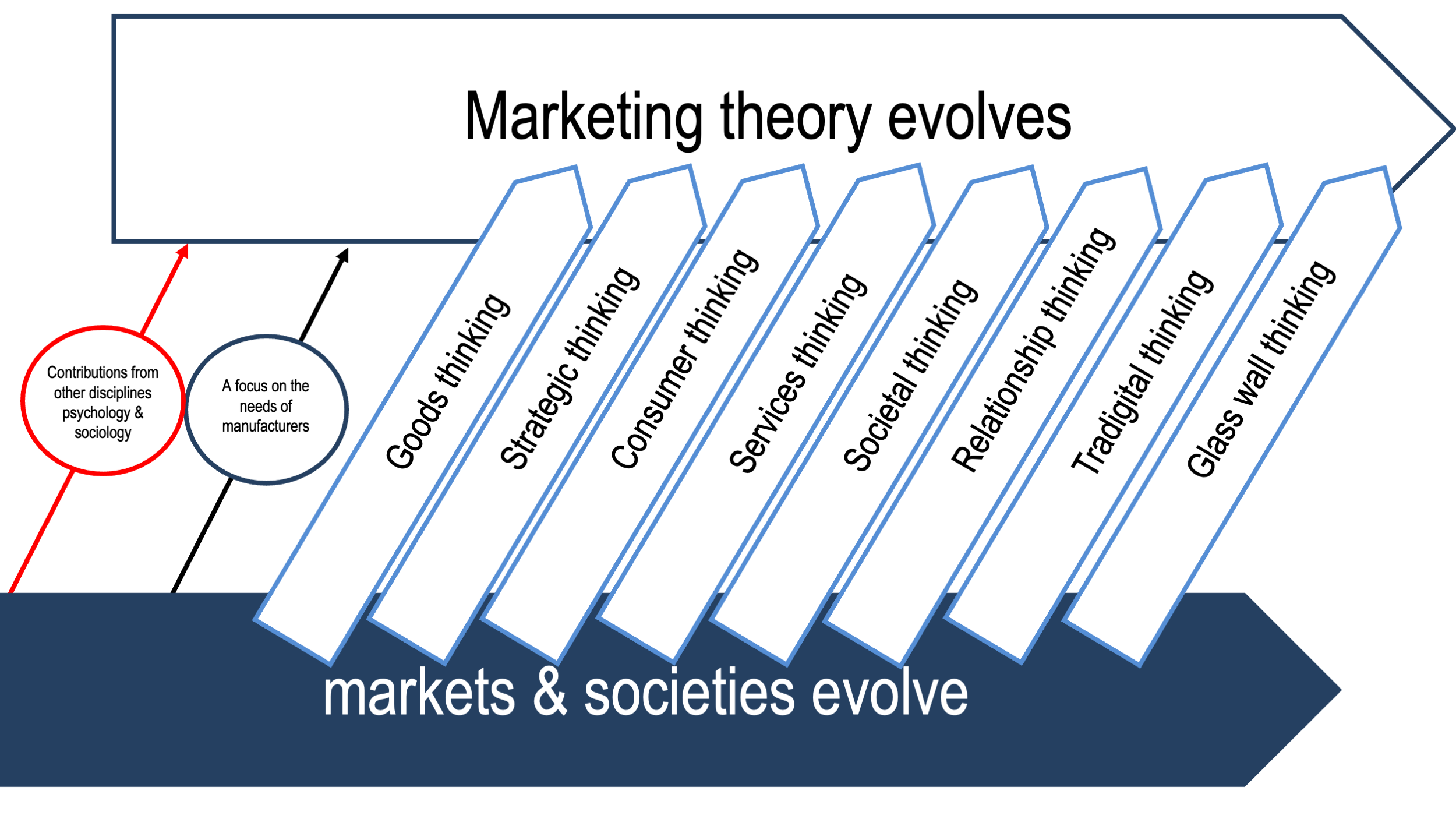
In the 19th century
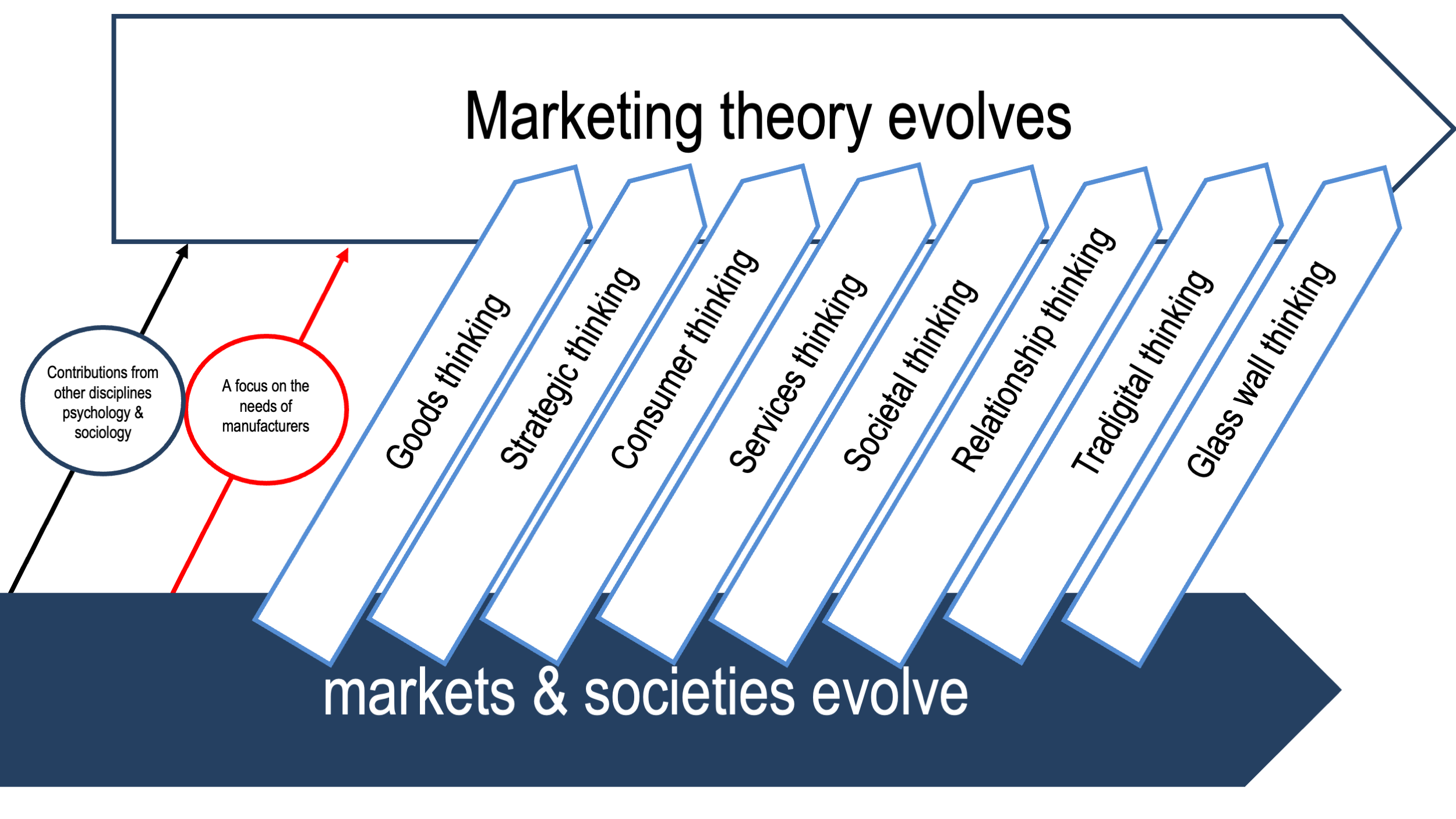
There was an era – let’s call it the era of the salesperson. Where personal selling both B2B and B2C was an important part of the buyer decision process. The salespeople were generally paid by commission and therefore wanted to spend as much time in front of customers, however, they knew and their sales managers knew that better market information would enable the salespeople to be more effective. Furthermore, through advertising and promotional brochures the organisation could attract the interest of consumers and distribute the names of prospective customers [leads or prospects] to the salespeople. Advertising and promotional material became part of the sales process and this required specialists and as the business grew to become more tactical and specialised.

Marketing scholars have long focused on the topics of interest to marketing practitioners; and this has provided what could be described as eras of marketing thought. Since the 1950s marketing scholars have explored goods thinking [fast moving consumer goods or FMCG], strategic thinking, consumer thinking, services thinking, societal thinking, relationship thinking, digital thinking, tradigital thinking, and now a focus on ethical and sustainable behaviour in what has been termed glass wall thinking.

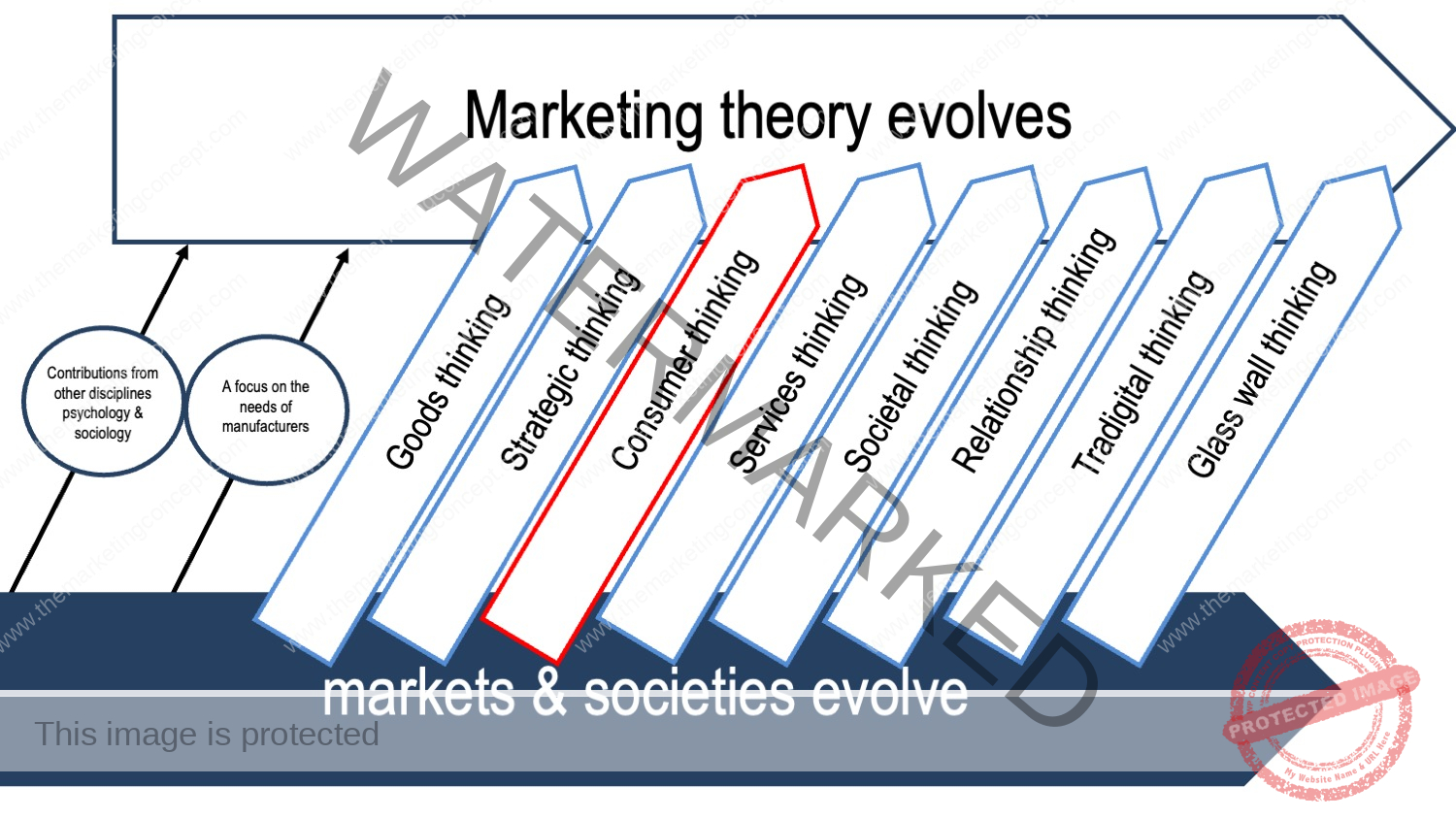

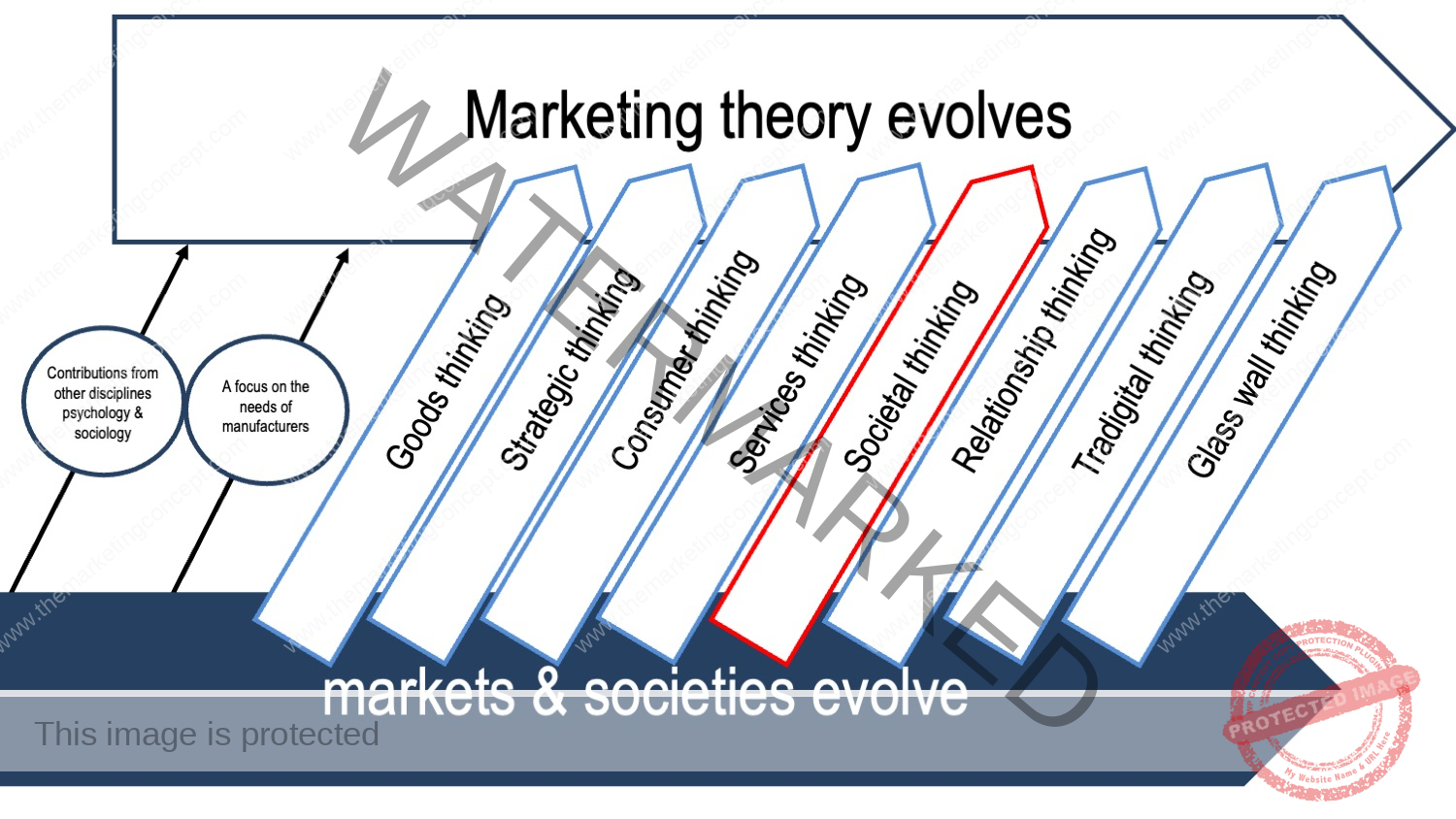
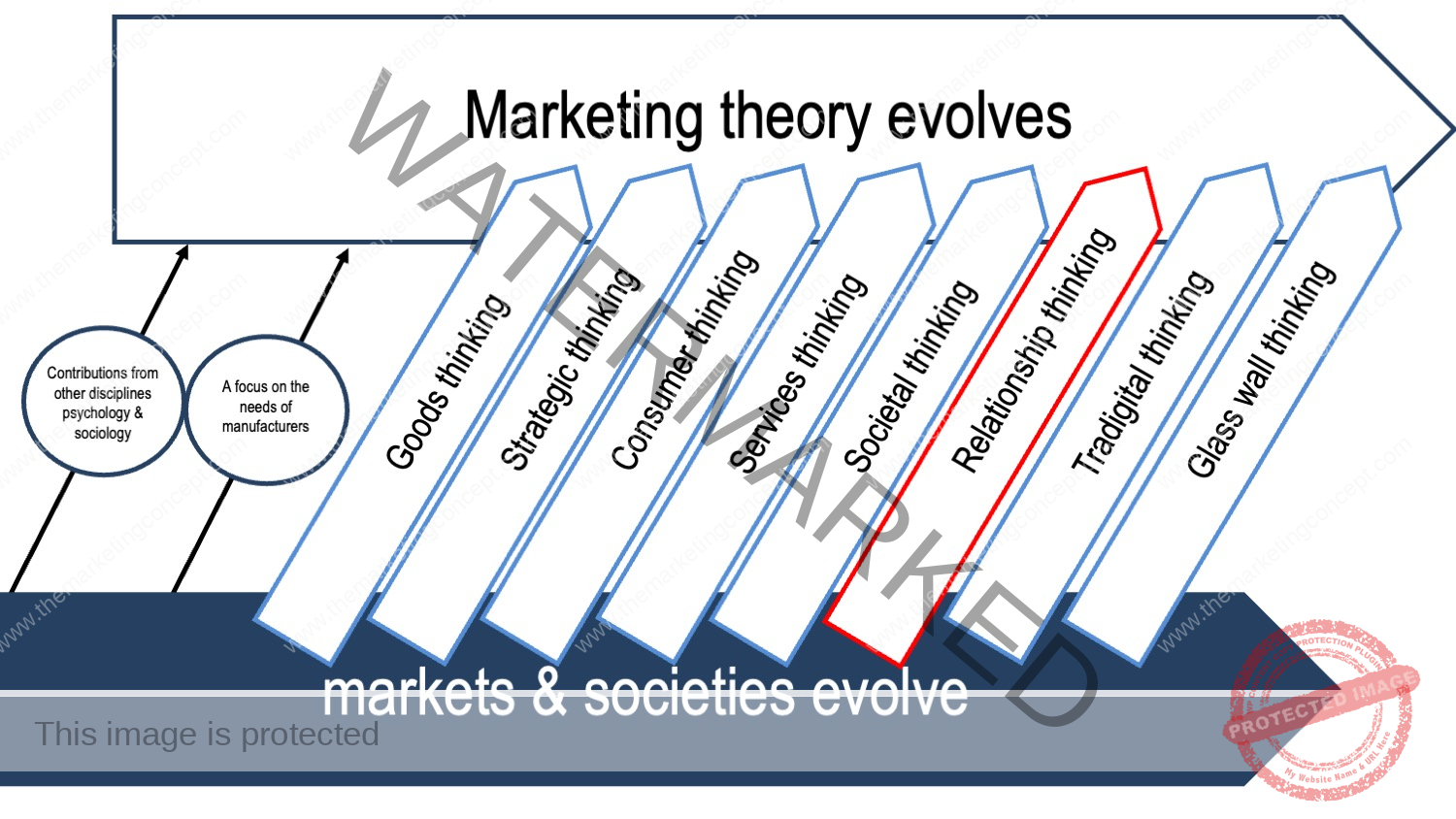
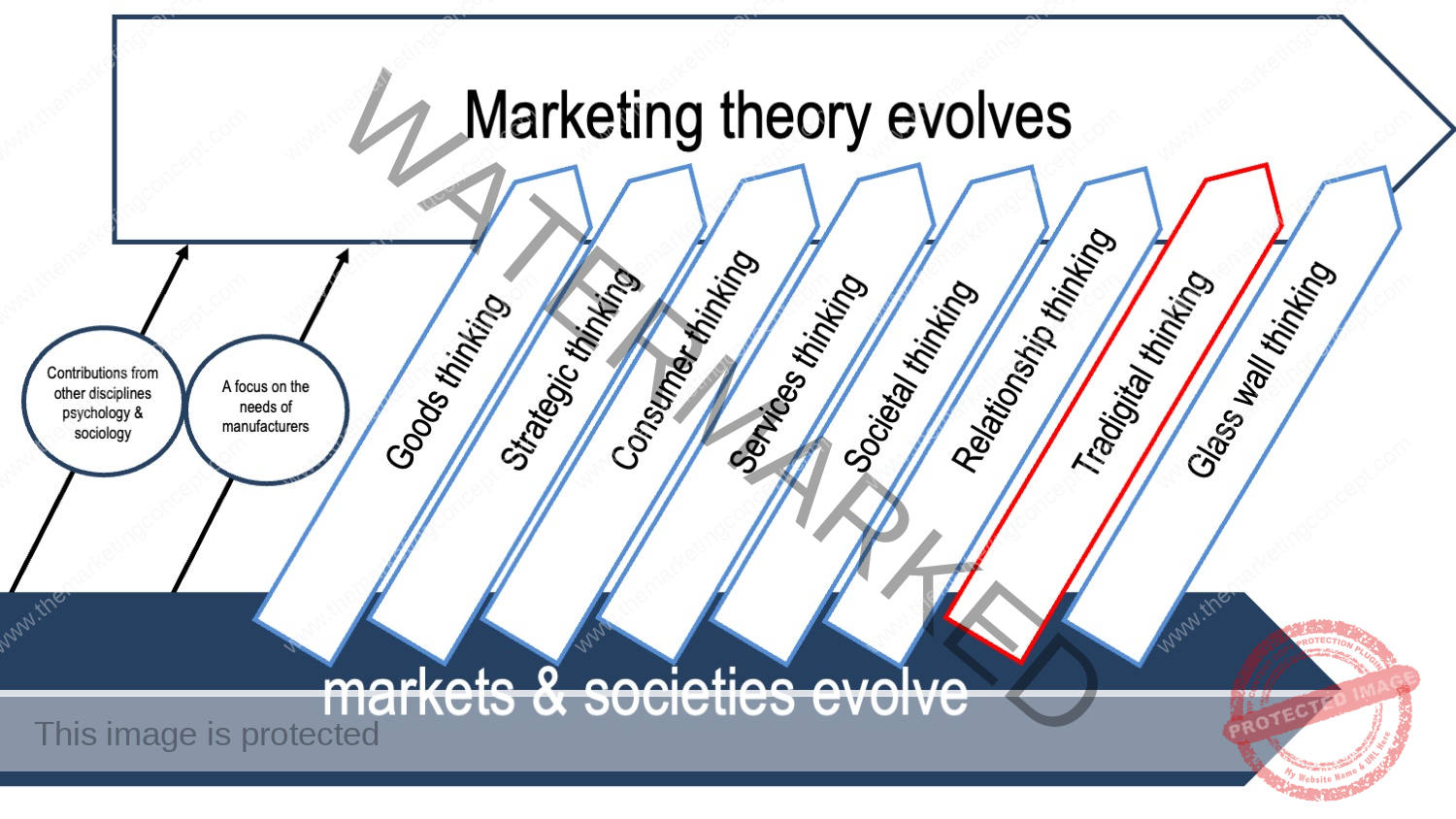
Marketing has always been about understanding the COMP factors; today it is now more data driven and more scientific. Nevertheless, the marketing concept remains a constant; with the underlying philosophy of designing, developing and delivering best satisfying products central to the marketing concept.
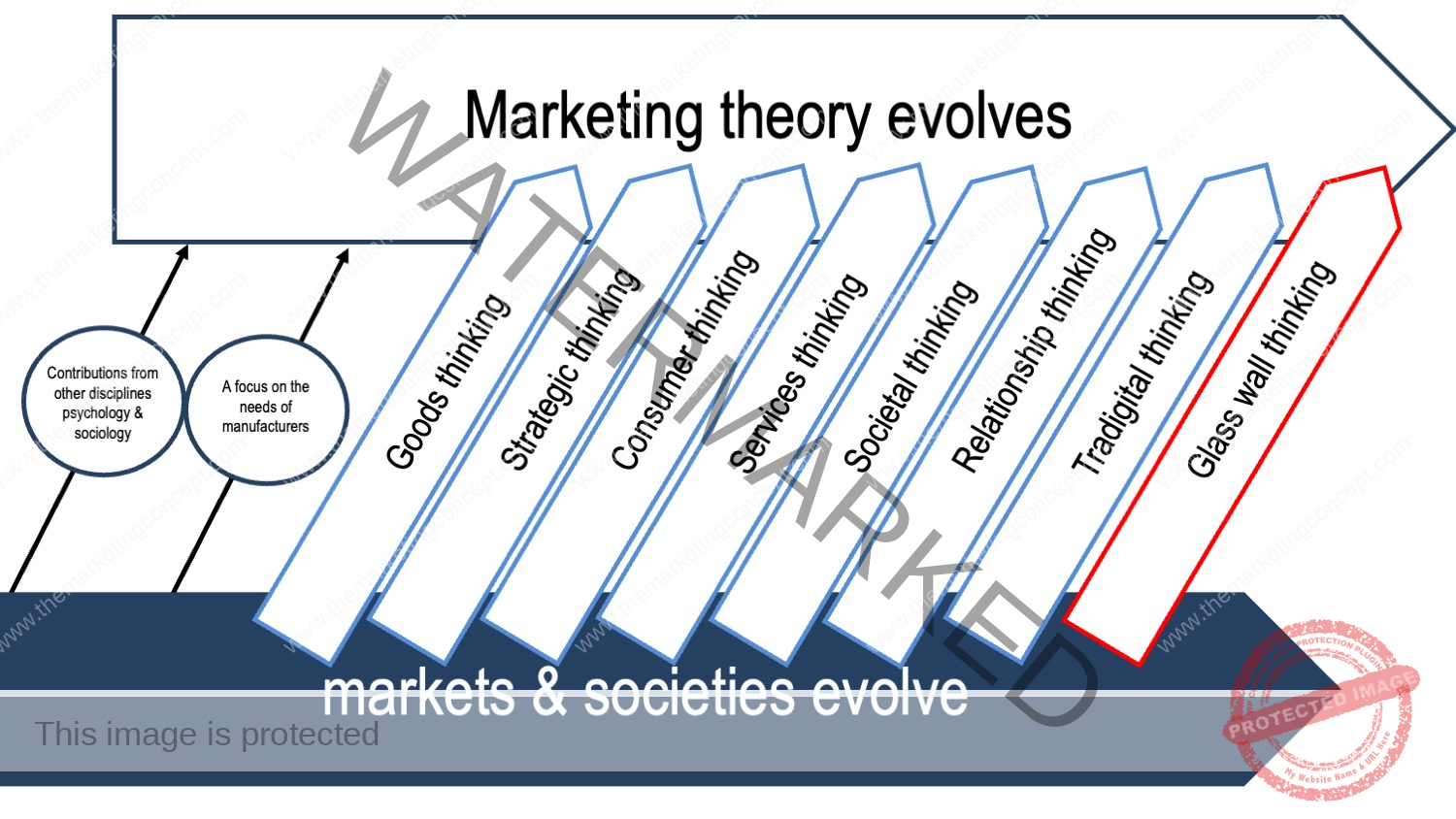
In this fictional activity Jacob is uncertain about his future and doubts whether his values need to be sacrificed ‘just to get and keep a job’. The 3 business concepts are explained and the importance of the marketing concept is inferred.
After participating in this activity students should be able to identify and discuss the 3 business concepts and describe their characteristics.
In this fictional activity we explore a blog-post to discuss the 3 business concepts and how organisations are often an amalgam of the concepts.
